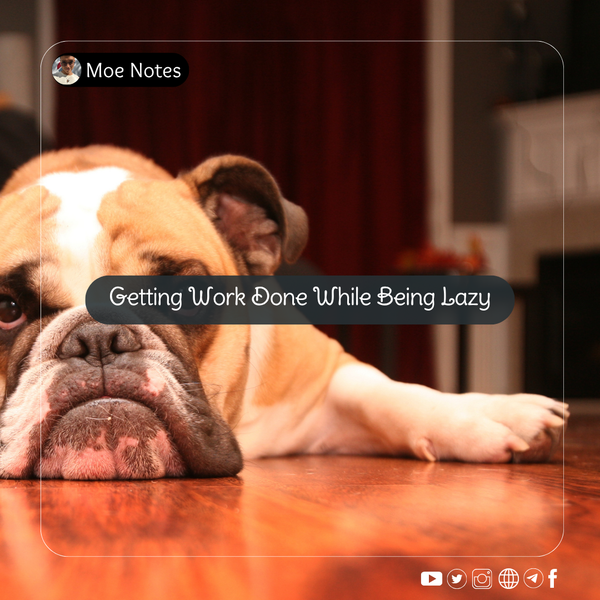Choosing a Major and a Life Path: A Student’s Philosophy

"A school is a place that teaches you how to face the real world. It's not just an arena for competing with books and pencils."
This article is also available in [Burmese]
When it comes to the subject of choosing Architecture, I have to start with my family. I’ve written before in a short Q&A format about choosing a major, but let’s think about it deeply and calmly. Let’s try to find our answers.
Part 1: Redefining “Major”
“Why do we define a ‘major’?”
A major is a specialisation for a bachelor’s degree. Yes, it’s a specialisation in a field like science, biology, engineering, business, or law. So, what is the purpose of this specialisation?
“How is it different from what we learned when we were younger?”
It’s very different. In our early education, we had to study many other subjects—some we were interested in, and some we weren’t. In some universities today, you might still have minor subjects like math or English, but they are just that—minors. The real difference is that when we were younger, the more we worked, the better our results.
Now, no matter how much you work, every time you finish one task, two more seem to appear. In terms of grades, no matter how hard you work, they don’t seem to improve much. But the key difference is that grades don’t really matter as much anymore. This isn’t about just passing; what’s most important is the knowledge you gain during your time at university.
Part 2: The University - A Reality Different from the Movies
“Is university life like it is in the Burmese movies, just walking around and causing trouble?”
No, it’s not. I won’t speak for them, but for me, I see a university as a place that brings people together—whether they are the same age or not, whether you know them or not, whether you have the same major or not. It’s a place for teachers, staff, and friends. Yes, there are romantic relationships too.
You might be able to get by just by passing, but I don’t know the consequences of that path. For me, my philosophy is, “If you’re going to do something, do it well. If not, don’t do it at all.” If you have to do something for three years of your life, you might as well do your best.
“Do you pass from one year to the next automatically?”
Whether a student is “good” or “not so good,” everyone is trying. You can fail. You may have to repeat a year. So, choose your path carefully.
“Besides getting into a good school, why should one study abroad?”
It’s about more than just the school. As someone studying abroad, there are so many other factors involved. Even if the teaching standard were the same as in Yangon, the country’s situation, the human rights, the environment, and the human nature—living amidst all these new things is how you gradually learn to stand on your own two feet.
Also, a university’s ranking isn’t just about having the best grades or the highest pass rates. It’s a combination of graduate employability, the quality of the staff, the facilities, the teaching style, and the ranking of individual subjects.
Part 3: The Inner Journey of a Major
“What if I have to do this career for the rest of my life?”
Me? I would be crushed. It’s better to be satisfied than to be happy. The new techniques, the latest equipment, the endless knowledge—all of this just keeps increasing day by day. So what? You just have to do it.
Do I ever feel like I want to die? Yes. Do I ever feel like I want to give up? Yes. But have I ever regretted my choice? Never.
“Did you have to sacrifice anything to choose this career?”
Of course. The activities I used to participate in, the classes I used to take, the leisure activities I used to do—those are gone now. But in one way or another, better or worse alternatives always come along. You just have to know how to find them. For example, I used to make money from photography in Yangon, but here, I’ve become a vlogger. I used to love cooking at home, but here, I don’t really cook anymore. Instead, I’ve started baking cakes because it’s cheaper. I don’t feel like I’ve sacrificed anything. Even if I did, I think it was worth it. At least,that’ss what I tell myself.
“Okay, let’s be real. What would you do if you absolutely couldn’t handle it anymore?”
I’d go home. Whether I could actually go back or not, I’d find a way. The most important thing is that nothing is more important than yourself.
Conclusion
In the end, choosing a major isn’t just about choosing a career. It’s about choosing what kind of person you want to be and what kind of life you want to live. These questions will help you find your answers.



